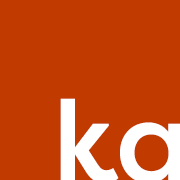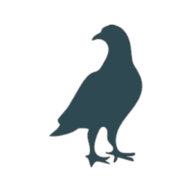2023: Failed Misrably
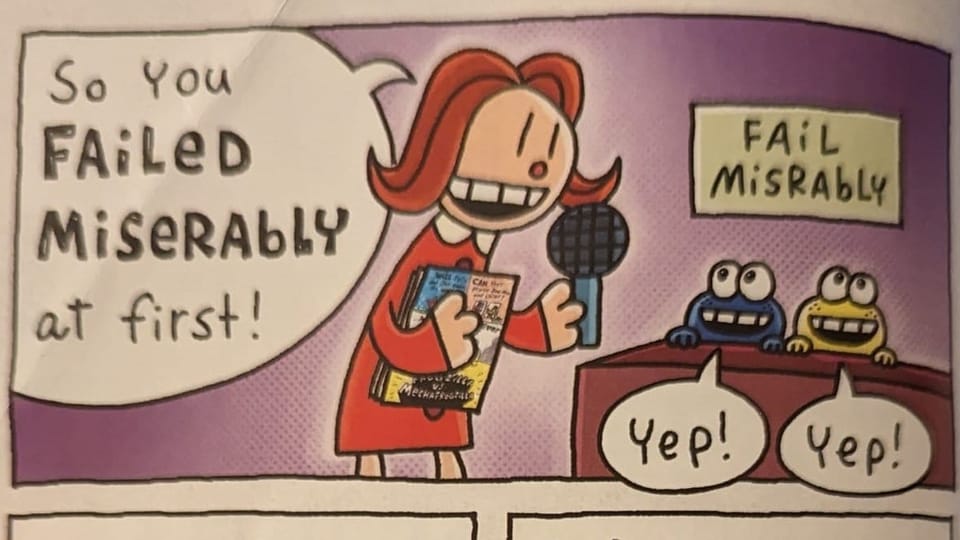
It's been a while since I posted a full update on everything going on with me. Partly because my focus has been elsewhere but partly... 2023 was full of failures. And nobody really likes talking about or admitting failure.
But... we should. Maybe we have to. Or at least, I have to. Because people need to know. It's the reality yet it's hidden behind the fake facade of social media.

So in this post, I'm going to walk through my solo journey since quitting my job, how it started, how it went, and how it is right now. Along the way, I'll celebrate the wins (because I did accomplish a lot of stuff) and reflect on the fails (because I also failed at a lot of stuff). Most importantly, I'll share what I learned – because true failure is failing to learn.
I'll share some new tools and ways of thinking I learned throughout this time, and hopefully, by the end, you'll get a better understanding of what it means to quit a cushy corporate job and run a solo business – and how to think about the role of failure in doing what you want to do.
The story of 2023 really begins in 2022 because with 3 kids my year begins and ends with the school calendar – so this is more like a 2023 end-of-year reflection for me.
How It Started: I Quit!
Remember when I quit?

That was May 2022.
At the time, I had 6-8 months of runway. I had several options on paths I could take:
- Freelance technical content creation (clients)
- Contract courses and training content (Pluralsight)
- Build and grow a product (B2C)
- Helping other devs quit Corporate America (transition coaching)
- Software contracting (1099, W-2)
I knew which one I really wanted to do: build and grow my product, Keep Track of My Games. I had implemented an experimental patronage system back in February:
It had been making some money, but the most it had made was $60/mo – enough for a fancy lunch. That wouldn't cut it – plus, I wasn't exactly sure if it had legs; I knew that a couple of people paying wasn't product validation.
So I couldn't rely on my product to pay the bills yet.
But you did have a runway, right?
I did. That is why the initial plan was to just work full-time on KTOMG so I could continue building and growing it. At the same time, I needed to figure out what would pay the bills.
This is where the other options came into play. Since I already had a long-time freelance client and I had been doing Pluralsight courses, it made sense to me to use those to pay the bills. With my client, I was doing technical writing and content creation (like videos or demos), primarily helping the marketing team. With Pluralsight, there's an "unlimited" supply of course opportunities, with the caveat that you are competing with other authors, and compensation is still variable based on royalties.
Given this, I thought I could turn "clients and courses" into "the business."
But it bothered me that I hadn't actually built a successful solo business. I had progressed in my career and quit successfully so I felt comfortable talking about career growth and how to quit, but I felt like I couldn't offer full-on coaching until I "made it" and built something successful. I tested the waters by offering a free beta 1:1 call but that didn't go anywhere.
Plus, I had no real audience. I decided that maybe coaching would be an "end-game" activity and I'll revisit it later.
How to start a soloist business
At this point, it was July 2022. I was excited. I dove in head-first, as is my tendency.
Before quitting, I had discovered Jonathan Stark and his "ditching hourly" world. Jonathan was a developer-turned-consultant and is now a business coach.

I followed him for a year, read his daily emails, read his books, and listened to the TBOA podcast. Many people will sell you a dream but I'm here to tell you definitively: he's the real deal. He is genuine and cares deeply about his mission to rid the world of hourly billing.
Decide on your positioning
Thanks to him and group coaching (Ditcherville), I knew I had to start with positioning.
Jonathan's laser-focused positioning statement (LFPS) follows this template:
I am a [DISCIPLINE] who helps [TARGET MARKET] with [EXPENSIVE PROBLEM]. Unlike my competitors, [UNIQUE DIFFERENCE.]
There were several variables I had to fill in for myself:
- Who did I want to help? (Niche aka target market)
- What did I want to help them with? (Expensive Problem)
- What do I call myself? (Discipline)
- Why me? (Unique differentiator)
Choose a niche
I approached this by looking at my existing client. Since they were a database company, I picked that as my niche to focus on... except, I wasn't sure what to call it. I felt like database companies were a bit too narrow. Maybe... developer companies, or dev tools (think Stripe, Snyk, Supabase, MongoDB, etc.)? Companies that cater primarily to developers (and often B2B). I could expand even further into catering to B2B SaaS – but not all dev tools are SaaS products. Ideally, the term you use is whatever they use to describe themselves.
For example, there's not a good term that fully encompasses companies that hire DevRel. There are "API companies", "developer tools," and what they call themselves varies, like "tech companies." Plus, there's another overlapping set of "open source companies." I've seen the terms "developer-focused companies", "developer-plus", and "developer-led" companies too.
As an example, Slack is a B2B SaaS company but has a business-to-developer (B2D) platform that hires DevRel. I could help them but they aren't a "dev tool" company. It started to come together later in the year when I came across Tyler Jewell and his Developer-Led Landscape.
Figure out their expensive problem
You need to talk to your target market and uncover what keeps them up at night. When I asked that question to my client, they said they wanted to increase developer adoption (as well as a few other things – but that was the first thing they said).
With just these two variables (1 and 2), you can put together a shorter version JS calls the XYPS, or X-Y Positioning Statement:
I help X with Y.
I help [TARGET MARKET] with [EXPENSIVE PROBLEM.]
OK, so I had my first XYPS:
I help developer companies with increasing developer adoption.
All done... right?
WRONG.
I still had two more variables to figure out: discipline and unique differentiator.
I'm a consultant (I think?)
Pop quiz: Who sounds like they cost more?
A. Freelancer
B. Consultant
So for a discipline, obviously I wanted to call myself a "consultant" not a "freelancer."
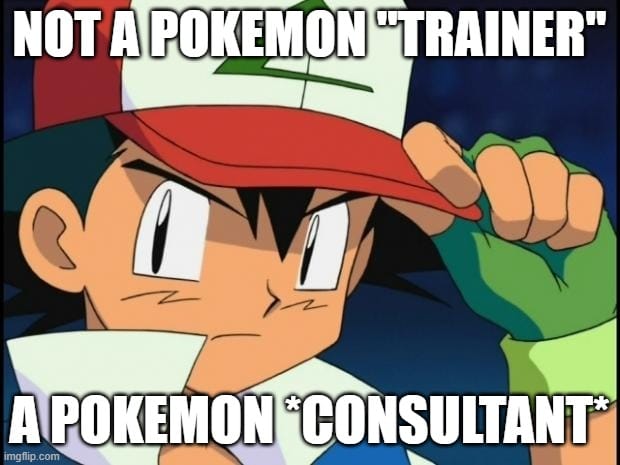
Since what I wanted to offer could fall under developer relations (DevRel) I started by calling myself a DevRel consultant and I announced that I was starting a consulting practice:

That's genuinely how I saw it and what I wanted to build. I wanted to work with more clients to help improve their developer education (DevEd) and share insights and learnings along the way. That's what a practice is, after all. Developer education is part of DevRel, so... DevRel consultant. Made sense to me. 🤷♂️
Since a developer had called one of my videos "lovely" I turned that into the brand, Lovely DevEd and stood up a separate Twitter account and website. Kamranicus (this blog) was officially my lifestyle account.
My LFPS now was more filled in:
I am a DevRel consultant who helps developer companies with increasing developer adoption. Unlike my competitors, [UNIQUE DIFFERENCE.]
We will get back to all the things wrong with this later.
Was I an imposter? To be fair, the way my client engagement started in Sept was consulting. We did a diagnostic and discovery process for about 2 weeks over several 2-hour sessions. However, at the time I didn't realize I should have maybe done this separately in what are normally called "paid discovery projects."
During this discovery phase, I created my own canvas and tools to map out the situation and context, developed a content strategy + plan, and researched personas for marketing. It was high-level strategic work. So yes, I'm totally comfortable saying I was (and still am) a consultant. Or, at least, I take a consultative approach.
The problem I ran into later was that I was trying to raise my altitude of involvement and I was hitting a ceiling – because in the eyes of my client, I had always been "just" a freelancer (aka? hands work). #FAIL
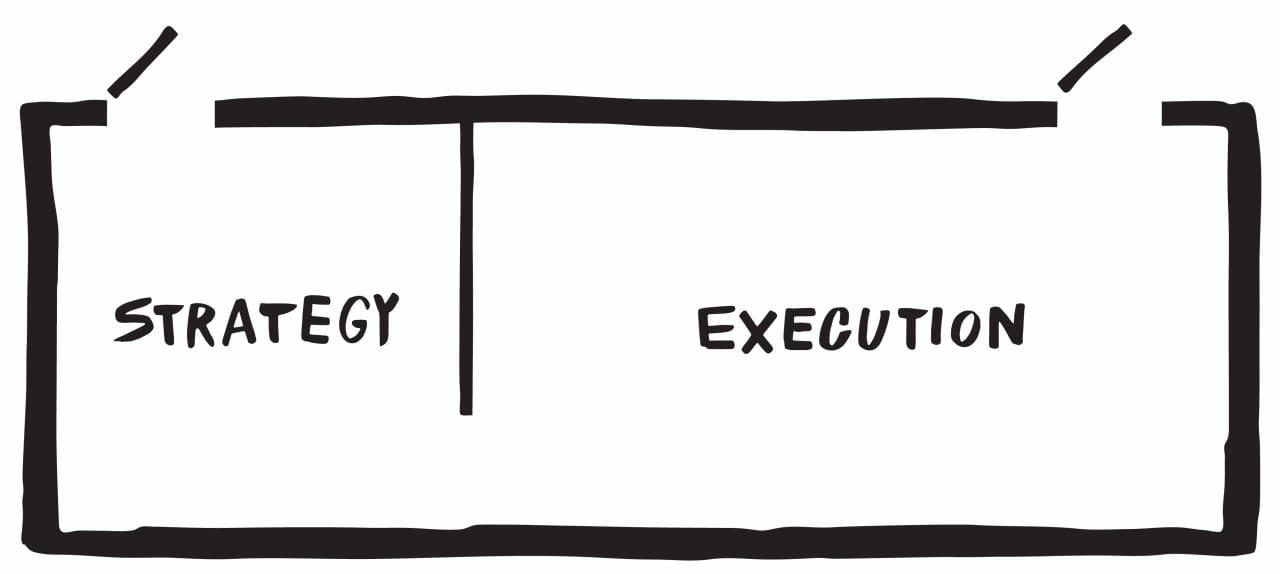
My first win (kinda, sorta)
During the summer, I learned everything I could about positioning and how to write proposals – I asked tons of questions in coaching, listened to the podcasts, read the books, I was "ultralearning."
That brings us to my first major win: signing a five-figure contract with my (existing) client for a 6-month engagement starting in September. This was a three-option proposal and they chose Option 3. This gave me a lot of confidence – hey, I successfully proposed and won a project! 🎉
With the help of JS and learning from other Ditchers, I can now have a proper sales interview with prospects to determine fit. I'm not the best at it, but I don't suck at it either, and that's "good enough" to get much farther at understanding the value I'm bringing to the table. Hell, the word "prospect" or "sales interview" was never in my vocab until I learned about Why Conversations.
But then I also just as quickly learned that some of what I did was also marketing – developer marketing. And even more specifically, content marketing. Oh, and sales. Because my clients needed to educate prospective customers and ITDMs (IT Decision Makers), not just developers.
I was helping my client do all these things – I helped create a product roadmap deck (sales enablement), copywriting (marketing), create personas (audience research), publish articles (developer marketing), improve docs (developer education), create templates (developer experience), and make videos (content creator) – I wore all the hats during this engagement.
So at this point, I had an identity crisis. 😳 I didn't know WTF to call myself.
I had many options:
- DevRel for hire
- Developer Advocate
- DevRel consultant
- Developer content creator
- Freelance DevRel
- Developer educator
- Developer marketer
- Developer sales
All of this market jumbling, plus the "identity crisis" within DevRel (DevEx, DevEd, DevMar, DevSales, DevCommunity, DevDocs, etc.) made it extremely tough for me to figure out what the hell to offer or market myself. I experimented with over 20 different angles on positioning statements, taglines, and LinkedIn headlines.
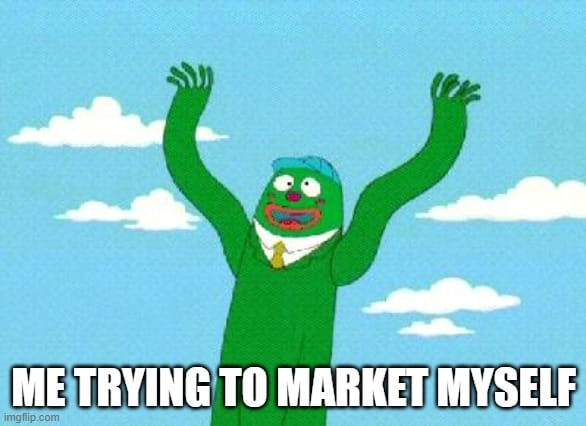
I had started out of the gate by calling myself a DevRel consultant – this was a mistake. I remember a story Jonathan once told about how when he started to offer mobile consulting for credit unions, he thought he knew what he was doing, having a kind of "naive optimism." That perfectly describes how I was in Sept 2022 – I thought I understood DevRel and how developer companies work. I didn't.
Later, I focused more on developer education and marketing but it took a while for that to happen.
How to Become a Little Famous
Over the next few months, I started my blog and wrote daily for 90 days straight (I have over 200+ posts now). I connected with people in the industry and community, joining a bunch of awesome Slack communities like the Developer Marketing Alliance, DevRelX, Uncommon Room, and Dev Marketing Slack. I leveled up my own marketing skills, I read strategy books, I learned how to do my own sales, I started a podcast, I wrote daily to clarify my thinking – I basically learned how to "build an authority business."
Jonathan Stark likes to say you "need to become famous" in your niche – so that's what I did.
And it worked—kind of. People started to be aware that I knew a thing or two about DevEd. Someone introduced me as a DevEd Wizard. I got signups on my mailing list. People liked my posts and even shared my thoughts. They thought DevEd was great!
How It Went
But I wasn't a fool. I knew most of that was vanity metrics because the leading indicators for profitability weren't materializing. There were no organic discovery calls, no engagement on emails, and nobody reaching out to "pick my brain." I failed to build a sustainable pipeline.
Long story short: the market wasn't picking up what I was putting down. I was working well with my one client, it was a long-term engagement (the kind I prefer), but outside of that it felt like I was spinning my wheels. I tried beta testing new offers, like a developer experience audit, or productized courses, or onboarding tutorials, or even a paid 1-hour consult. None of it landed.
Hidden Dependencies
Now, I hinted above that I had organic discovery calls – what I mean is, these were conversations with folks who didn't already know of me.
What I learned is that professional networking is the most effective means to offer pro services, not content marketing. If I had any advice for my past self a year ago, it would have been to focus on networking, not content.
All the discovery calls I had originated from the Slack communities I was in. What's that classic sales saying? If people like you and trust you, they may buy from you.
There were hidden dependencies that I didn't understand from the get-go.
Yes, I had "niched down" but I lacked the trust and likeability with that niche. Here I was, an ex-Fortune 500 developer, trying to sell to an audience who didn't know me. I had zero connections or "ins" to help me. I was an outsider to the inner workings of the VC+Silicon Valley-heavy culture. This isn't an insurmountable obstacle – but I realized it too late into the process.
How to Uncover Dependencies Systematically
I uncovered these dependencies using a tool I learned during the year: a Wardley Map.
Imagine if you could visualize your situation and all it's nuance and dependencies. That's what a Wardley Map can do – it's strategy visualized. And it's my new favorite tool.
So, what exactly does the situational map look like for DevEd consulting? Not good news for me, that's what.
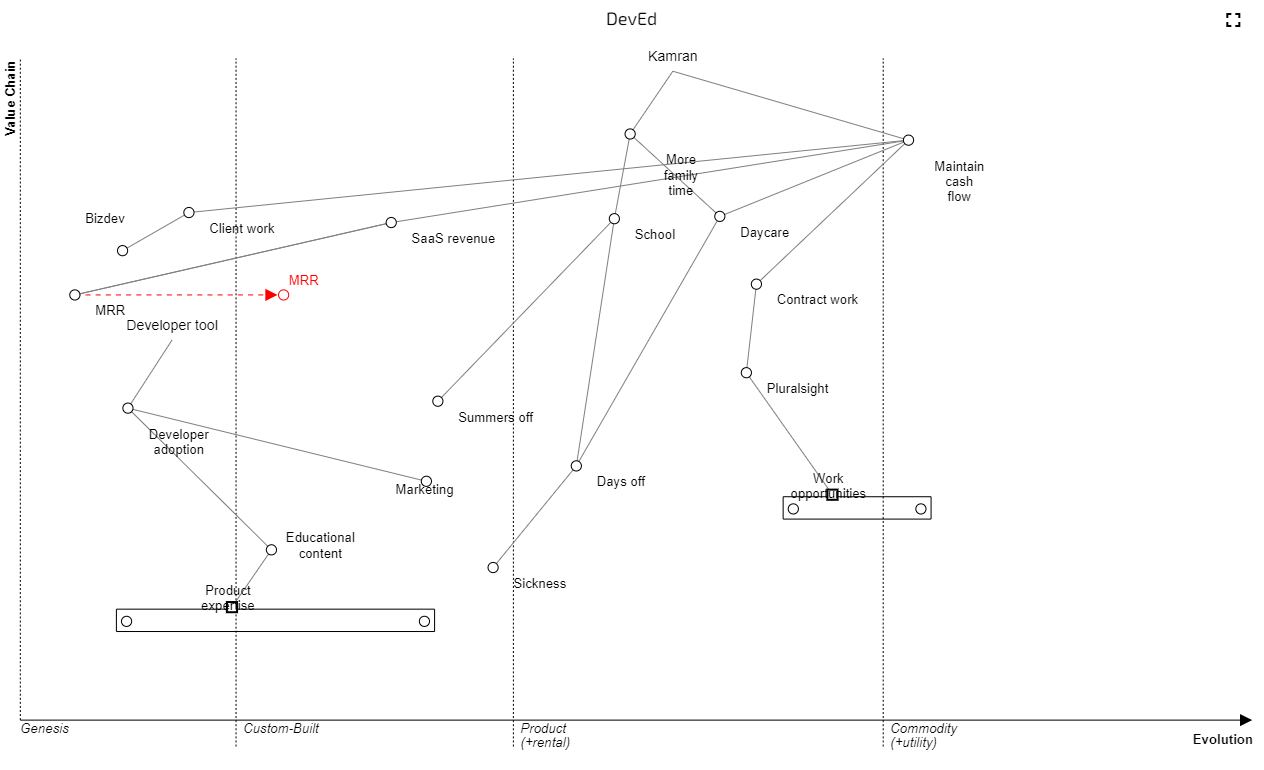
Let's go through this and you'll see the obvious challenges.
- Need Product Expertise: Hidden dependency on product expertise: over in the bottom left you'll see a first major obstacle. The fact is that in order to even make developer education for a product company, you need knowledge of how the product works. That's why most middle-to-bottom-of-funel content is developed in-house.
- Lack bizdev skills: I am not well-versed in bizdev. I put my bizdev skillset (marketing & sales) in the "genesis" stage. This indicates that they are still developing and not mature yet – in other words, I'm still learning how to get better at marketing and sales. This presents a problem when a requirement for helping companies increase developer adoption is... marketing, yes?
- Kids run amuck: I am blessed with 3 kids but they are young. Only one is in school, the others are in daycare. My kids get more days off than an Unlimited PTO startup. Thanks to drop-off and pick-up, my working hours max out at 6 (at best) during the day. When you add in the amount of days my kids are sick, plus summers off, it's unreal how anyone works full-time with kids.
So these are constraints, and in a strategic sense, the Wardley Map allows me to see them in all their glory.
I think what's important here is that normally, these would be excuses to not do consulting... or quit your job... or, whatever is you want. But they aren't excuses, they are just obstacles and once identified, obstacles can be dealt with – that's strategy in action.
Consulting is a poor fit for me... right now
So, let me point out the obvious that the map makes clear: consulting, at this stage in my life, is actually the worst option I could choose to pursue.
When you contrast it to the other revenue options, SaaS or contracting, consulting is the least understood (by me) because it's new to me. I've had my SaaS for over a decade – the obstacle there is simply that I have very little MRR (but it's growing!).
It's clearer than glass that the best option for me right now is contracting. I have an existing relationship with Pluralsight, and they have a well-defined pipeline of opportunities that is essentially never-ending. Not pictured or mapped is that the only constraint there is that the opportunities need to fall in my wheelhouse, but that's never really been an issue.
Growing two businesses: oopsie
You know what else is obvious in the map? That if I intend to pursue consulting plus grow my SaaS app, I'm actually building two businesses at once. Oops.
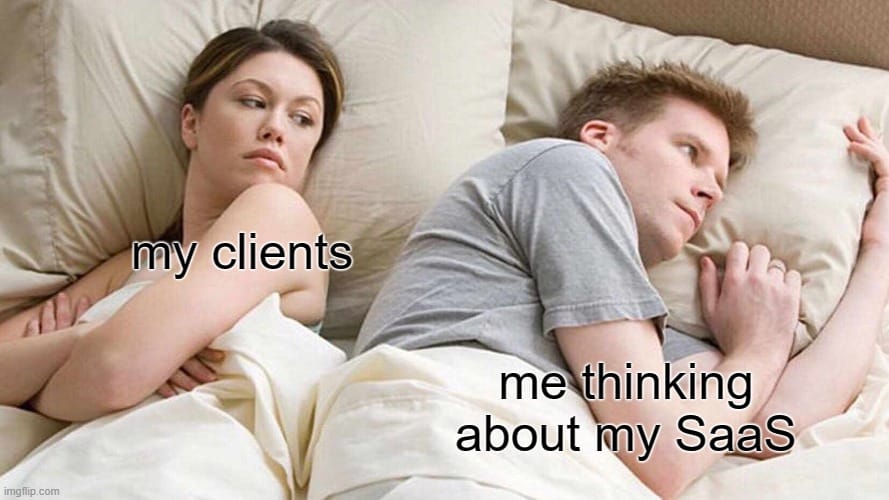
When you see that I am battling against less time available to work, this makes less than zero sense. No wonder I was stressed. I was doing sales and marketing for two things.
It dawned on me that maybe I enjoyed having customers more than clients, so it started to make less and less sense to continue trying to build something my heart wasn't all-in on.
How It's Going
At the start of 2024, my client was able to expand their in-house content team (cough, as predicted in the Wardley Map), and we ended that contract. Awesome for them!
But it was time for a pivot since I had failed to build a sales pipeline of leads. In the entire year of trying to boot up consulting, I had one other client (and that went well!).
After it became clear in my head that contracting was the way to go, I went all-in. I changed my strategy. I stopped investing effort into social and content marketing for consulting (aka "I went dark"). Instead, I took on new opportunities with Pluralsight including guided code labs and a new course.
Contracting is awesome
I'm happy to report that the decision outcome was positive—I'm way happier right now dealing with Pluralsight work than client work. Not only that, but I've started the flywheel turning so that I have a consistent pipeline of opportunities. As I write this, I have a lab and another course lined up after finishing two labs and wrapping up my latest course this next week.
My mental health is much better – I'm less stressed, confident in my abilities, and have a well-defined process for getting work. I stopped pulling out my hair (literally).
So that's the silver lining. I failed at consulting for good reasons, but I am succeeding in doing contracting work. Oh, and what about my SaaS app?
Keep Track of My Games is growing
As part of my strategy, it made sense to take whatever time was left after contracting and spend it on growing KTOMG – not only is it fun to work on, it's past the $0 MRR milestone. I have customers!
Since Sep 2024, it's grown 4X in signups and 3X in organic search traffic. Since quitting my job, I think I counted 20+ updates to the app. I'm rolling out some powerful new features over the summer. And I keep getting paid; in February, it made $97, almost crossing the $100 MRR threshold.
I can see the signs of traction and am willing to wait for it to grow.
The universe is weird
It's weird how things can work out well, despite many things going wrong. In January, I was prepping to find a full-time job again because I wasn't sure if contracting would work out. I knew the market sucked overall because some friends had gone through the job search process recently.
At the start of our 2024 school year, Cassie's union was negotiating a new contract. It finally got settled in January and the new contract plus moving to a new salary band will essentially increase her 2024-2025 salary by 12%. Not only that, but she got back-pay. With our middle child moving out of daycare, we'll also cut our daycare spending by 50%. As we move into summer, there are no daycare expenses.
When I quit my job, it was important to maintain the current cash flow situation but starting in September, the income I need to bring into the household decreases by at least 50%. Yet, I'm currently on track to surpass my business earnings from 2023.
Thanks to the order of all these events, it meant I didn't need to bring in much income during the spring. This provided even more breathing room and less stress while I started up the flywheel for producing courses.
Retrospective Learnings
I can feel the train of thought slowing down as I end this post but there were some takeaways I wanted to mention. David C Baker calls strategy "developing insights" so let's see if I have any insights to share...
- Consulting wasn't a good fit, YET. There were probably a dozen reasons outside the scope of the Wardley Map for why my consulting endeavor failed. Wrong market, wrong specialty, tech lay-offs, recession (sorta, kinda), etc. But to me, that's just a point-in-time situational map. It could be a good fit later in a different season of life.
- I collected a lot of gems. In 3 years when all my kids are in school and out of daycare, I'll have more time, and I can use everything I learned to start consulting again – for a different market, different expertise, whatever. If I want. I learned how to write better, how to market myself, how to conduct sales conversations, how to produce a podcast, all those skills aren't going away – they are gems. On a Wardley Map, all those skills have evolved and matured.
- Relationships are king. It wasn't enough to write 200 blog posts on DevEd and marketing. The actual results I experienced came from getting to know people and becoming part of a community. The second client only came about because of those relationships. The writing wasn't useless – it served to clarify my positioning and thinking but relying only on content marketing when building an authority business is not enough.
- Constraints, not excuses. It bears repeating because I think it's an important lesson. When you make a decision or a bet, it can fail – and you will be tempted to blame the failure on obstacles and use them as excuses. They aren't – they can be identified, whether ahead of time or in hindsight, and because of that, they can also be overcome. This is the value of iteration and failing fast – so you can run into obstacles quickly and then overcome them even quicker.
- Failure is less scary when it's an experiment. My coach says that it isn't a failure if you learn something from the experience. In our mastermind, we come up with lifestyle experiments and we execute on them – consulting was an experiment, and framing it like that means that there's no real failure, just that it didn't produce the results you expected. OK, now learn from it and decide if you want to iterate.
- Maps are useful. I probably wouldn't have learned about Wardley Maps if I had never gone down the consulting route. Since learning about them, I've made them for multitudes of situations. I made them for clients, I made them for friends, and I made them for myself. It's not just that I'm a visual person, but also that they structure your thinking around a situation and force you to think more deeply to understand systemic constraints. The questions in the room improve when you're all staring at a Wardley Map.
In the end, I think the moral is that the Dog Man author is correct: aim for failing miserably. It's not the only way to learn and improve, but it is how most of us learn. Failing is natural. Embrace it, learn from it, and try again. Even though it sucks.
Alright, I think it's time to just fucking ship this post – I probably have many additional thoughts, but this has sat in my drafts for TOO LONG and it feels good to get it out of my head.
If you have questions about my journey, or stuff you'd like me to expand on in more detail, reply to this email or leave a comment. Writing is easier when I get asked a question.
Cheers,
Kamran

